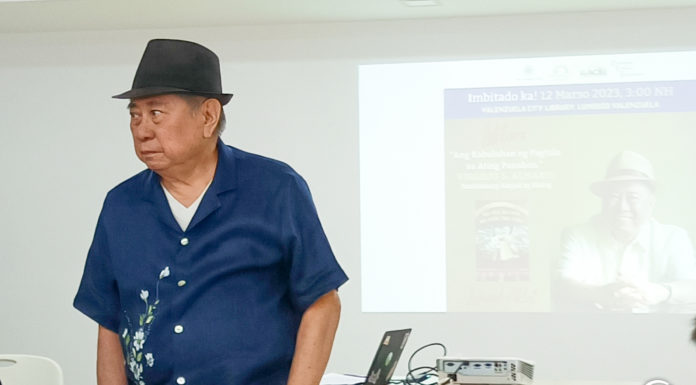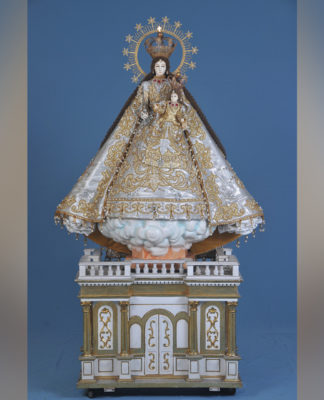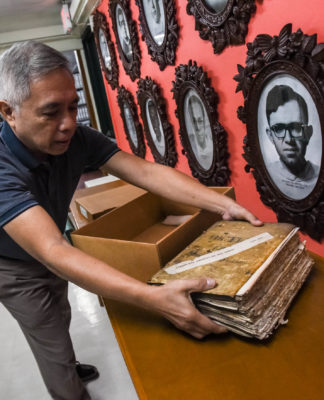POLITICAL satires do not provide solutions to Filipino’s problems, but they do help voters see social realities in the political realm, broadcast personalities told Thomasians in a forum last Jan. 26.
Lourd Ernest de Veyra and Jun Sabayton, both working for the Manny Pangilinan-led network TV5, said comedy and sarcasm were “natural” to Filipino culture.
“Nasa dugo natin ang sarcasm at pangungutya. [M]insan dapat nating alalahanin na ito ang sandata natin,” De Veyra said. “[M]aaaring hindi [masugpo ang mga social problems] sa pagkalat ng mga pangungutya sa mga politiko, pero kahit papano, mas gumagaan ang buhay kapag tumatawa tayo.”
De Veyra, a UST journalism alumnus and former Varsitarian writer, said the growing popularity of political satires in the Philippines serves as concrete proof that Filipinos are able to exercise free speech. Satires, he claimed, could either defame politicians or help them win elections.
“Mabuti na lang at nakakagawa pa tayo ng mga ganito, napagtitripan pa natin ang mga pinuno. Kahit papaano, nabubuhay pa rin tayo sa malayang lipunan,” De Veyra said.
Sabayton noted the crucial role of social media in the rapid rise of political satires.
Neil Kirby Ada, Political Science Forum president, said political satires also affect the decision-making of the youth.
“Political satires are not just for entertainment. They are new means that could help us understand reality better. Mas nakakaintindi tayo kapag nakakarelate tayo,” Ada said.
The forum, titled “Political Satire: Ironic Explanation of Philippine Politics” was spearheaded by the Political Science Forum, the official organization of political science students in the Faculty of Arts and Letters. Alhex Adrea M. Peralta


















